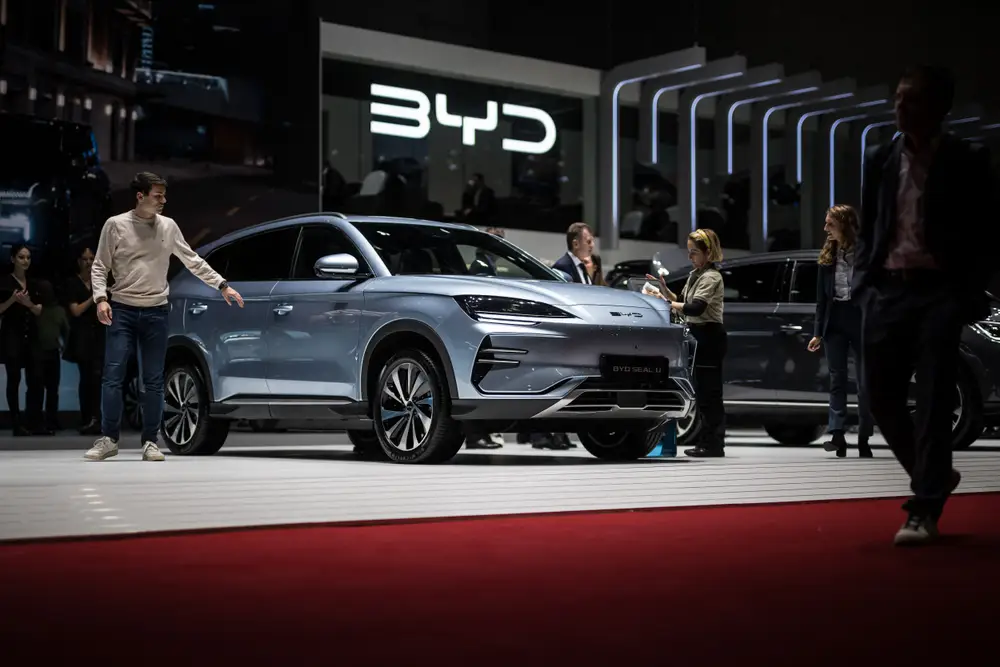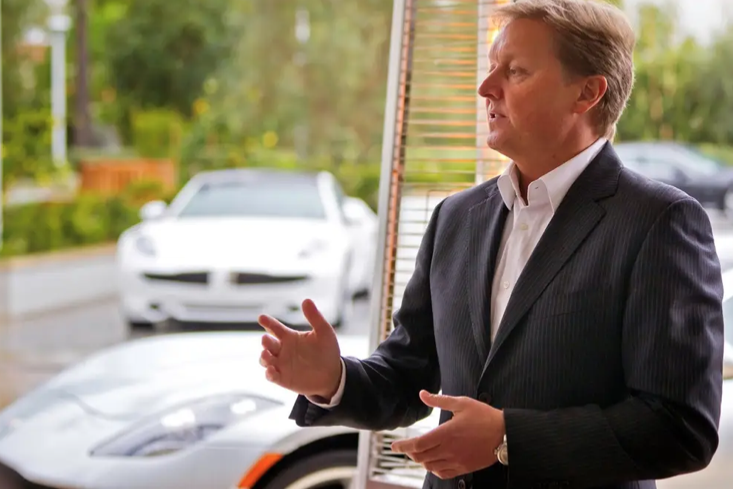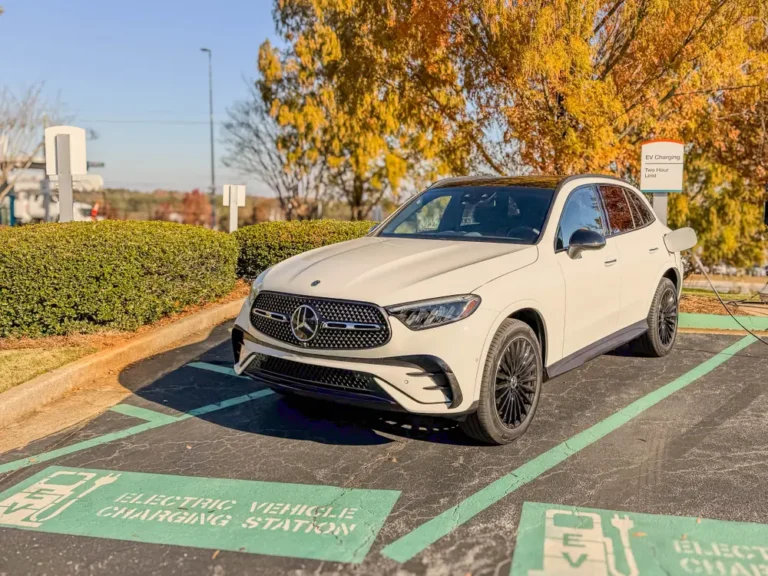Tesla’s biggest competitor just announced a collab with Uber

The deal will bring 100,000 new electric vehicles from BYD onto Uber’s platform.
Tesla’s biggest competitor, BYD, just launched a big partnership with Uber.
Uber drivers in various markets can get discounts on 100,000 new electric vehicles from the Chinese carmaker, and the companies plan to collaborate on autonomous driving, the duo said in a release on Wednesday.
The EVs will first be made available in Europe and Latin America and later expand to the Middle East, Canada, Australia, and New Zealand. The companies did not specify the timing of this rollout.
“The terms of the deal appear to incentivize Uber’s drivers to choose BYD vehicles given lower pricing,” Wedbush analyst Matt Bryson wrote in a note on Wednesday.
Discounts on charging, maintenance, and insurance, which the companies said they may also offer, will be seen as “carrots” for drivers, Bryson wrote.
The venture is not the ride-hailing giant’s first in this space.
In 2015, Uber launched Xchange Leasing, which let drivers lease new or barely-used vehicles. But before Uber’s IPO, the company sold the money-losing leasing business to a car leasing startup, which has since folded, for $167 million. Uber also sold its car rental business, Lion City Rentals, in Singapore in 2018, when it was exiting the Southeast Asian market.
A renewed attempt at a discount leasing partnership may signal that Uber knows it needs to make cars more affordable for drivers, who have already been protesting declining wages.
The partnership also ups BYD’s international visibility, as Uber passengers ride in cars they might not have otherwise tried out.
“Many riders also tell us their first experience with an EV is on an Uber trip, and we’re excited to help demonstrate the benefits of EVs to more people around the world,” Dara Khosrowshahi, Uber’s CEO, said in Wednesday’s statement.
The announcement may raise eyebrows at American EV maker Tesla, which is already facing competition from BYD — China’s biggest EV manufacturer — and smaller Chinese players like Nio and Zeekr, all of which hit sales records last quarter.
BYD produced more than 3 million vehicles, which includes EVs and hybrids, in 2023, while Tesla made 1.84 million EVs last year.
The Uber partnership may also mitigate a European Union tariff on Chinese EV makers.
Chinese companies’ footprints in Europe have grown since they introduced cheaper models and captured EV demand from Russia, where Western competitors exited.
Autonomous driving ramp-up
BYD also found a partner to help bring its autonomous driving services to the masses.
The two companies said they will collaborate on BYD services to deploy on Uber. BYD is currently investing $14 billion in smart cars, which will have a “Navigate on Autopilot” feature, similar to Tesla’s “Autopilot,” that will allow drivers to take their hands off the wheel and feet off the pedals in certain scenarios.
These software-focused partnerships have become increasingly common. In late June, Volkswagen said it would invest up to $5 billion in US EV maker Rivian, which would develop software for both companies’ cars. Uber sold its self-driving development arm in 2020.
Any future BYD-Uber semi- or fully-autonomous vehicle could directly compete with Tesla’s robotaxis. The long-anticipated product has been delayed, and some analysts are questioning if they’ll be cheap enough to appeal to consumers.






